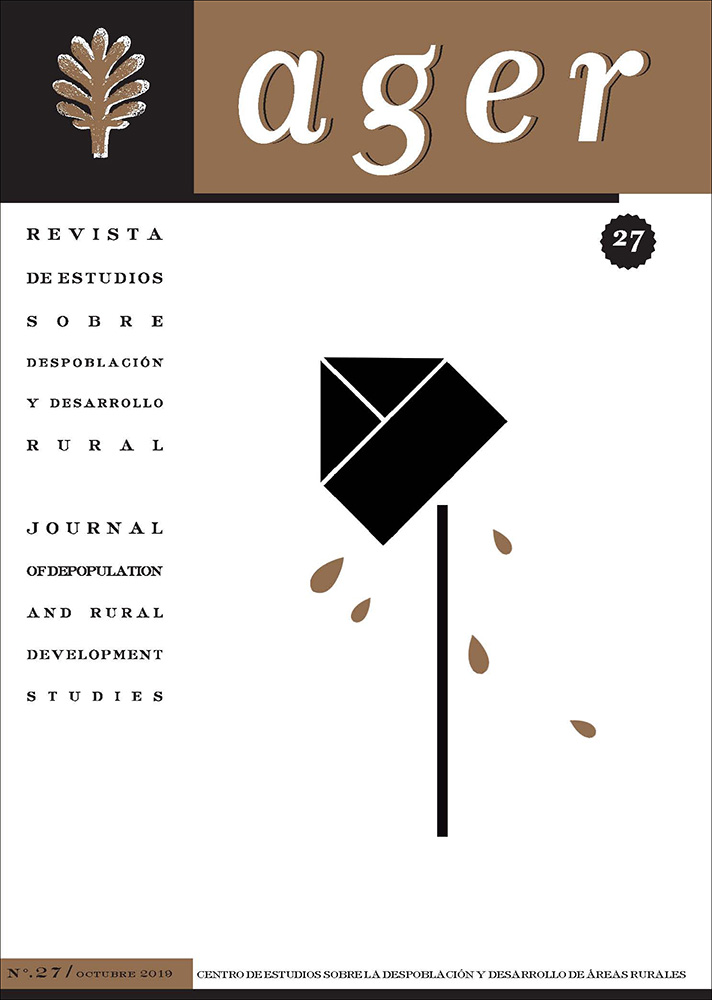Older people’s experiences of informal care in rural Flanders, Belgium
Abstract
Flanders (Belgium) is ageing at high speed. The number of people aged over 80 will increase from more than 400.000 today to nearly 800.000 in 2060, which is 10 % of the population. Although the entire region is ageing, older people are overrepresented in non-urban areas. A large majority of the elderly have to ‘age in place’, being the consequence of a very clear-cut policy to foster staying put. However, one can question if their quality of life can be guaranteed, knowing that basic facilities are often unavailable in sparsely populated areas. This is especially relevant when personal mobility decreases and (health) care is needed. Based on qualitative research methods (in-depth interviews, focus groups and observations made while following care providers), this paper discusses the everyday experiences and perceptions of older people with regard to informal care. We focus on elderly people living in two different rural regions, rudimentary defined as a work-poor area (Westhoek) and a work-rich area (Kempen). The results indicate that the availability of informal care is –among others- dependent on the spatial context and can therefore not be guaranteed everywhere.Downloads
Published
How to Cite
Issue
Section
License
Authors who publish in this journal agree to the following terms:
a. Authors retain their copyright and grant the journal the right of first publication of their work, which will be simultaneously subject to the Creative Commons Attribution Licence, which allows third parties to share the work provided that the author and the journal's first publication are acknowledged.
b. Authors may enter into other non-exclusive licensing agreements for the distribution of the published version of the work (e.g., depositing it in an institutional repository or publishing it in a monographic volume) provided that the initial publication in this journal is acknowledged.
c. Authors are permitted and encouraged to disseminate their work via the Internet (e.g. in institutional digital archives or on their website), which may lead to interesting exchanges and increase citations of the published work. (See The effect of open access).

